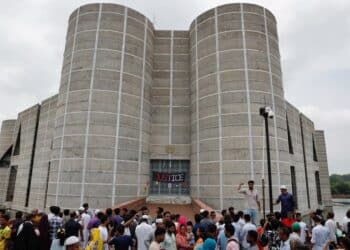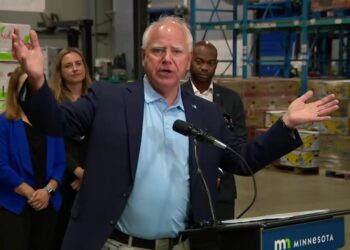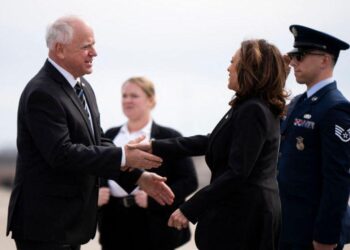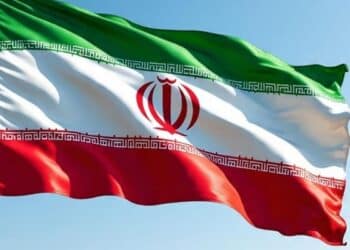CRUDE oil prices have risen to $48.77 per barrel, showing $3.23 in excess of Nigeria’s 2017 budget reference of $44.50 per barrel.
The price of Brent which is usually used to benchmark the price of other oil grades rose from $47 to $48.77 per barrel.
The price of WTI also rose from $45.50 to $46.04 per barrel, while the price of the Organisation of Petroleum Exporting Countries, OPEC, basket rose from $44.48 to $$45.36 per barrel.
According to OPEC, “the price of OPEC basket of fourteen crudes stood at $45.36 a barrel on Thursday, compared with $44.48 the previous day, according to OPEC Secretariat calculations.
“The OPEC Reference Basket of Crudes (ORB) is made up of the following: Saharan Blend (Algeria), Girassol (Angola), Oriente (Ecuador), Zafiro (Equatorial Guinea), Rabi Light (Gabon), Iran Heavy (Islamic Republic of Iran), Basra Light (Iraq), Kuwait Export (Kuwait), Es Sider (Libya), Bonny Light (Nigeria), Qatar Marine (Qatar), Arab Light (Saudi Arabia), Murban (UAE) and Merey (Venezuela).”
It also stated in its current market report that: “After stronger-than-anticipated growth momentum since the beginning of the year, the forecast for global economic growth has been revised up to 3.4per cent in 2017, following growth of 3.1per cent in 2016.
“The recent growth dynamic in the global economy has been confirmed with the exception of potentially temporary dips in the US and India. US growth in 2017 remains at 2.2% and the Euro-zone at 1.7%, while Japan’s growth forecast was revised up to 1.4%. The forecasts for China and India remain unchanged at 6.5% and 7.0%, respectively, in 2017.
“Projected oil demand growth for 2017 was also unchanged at 1.27 mb/d to average 96.38 mb/d. OECD consumption is seen growing by 0.23 mb/d in 2017, in line with the previous report, following offsetting revisions in OECD Americas and Asia Pacific. The forecast for oil demand growth in China and India have also been left unchanged at 0.34 mb/d and 0.12 mb/d, respectively.”
However, Dr. Mohammad Sanusi Barkindo, OPEC Secretary General, has stressed the importance of dialogue as an instrument to stabilising the global market.
“We have just completed a marathon round of meetings in Vienna, where the OPEC and non-OPEC countries have agreed to continue working together as part of the Declaration of Cooperation in order to ensure that we achieve a balanced market sooner rather than later.
“To get there, we will need to see the continued joint efforts of the OPEC and participating non-OPEC nations, which, thus far, have proven to be effective and have led to signs of market rebalancing and a generally more positive mood in terms of market sentiment. HE Alexander Novak and HE Khalid A. Al-Falih both alluded to these historic decisions and how they took us one step closer to our goal of re-establishing a balanced market.”









